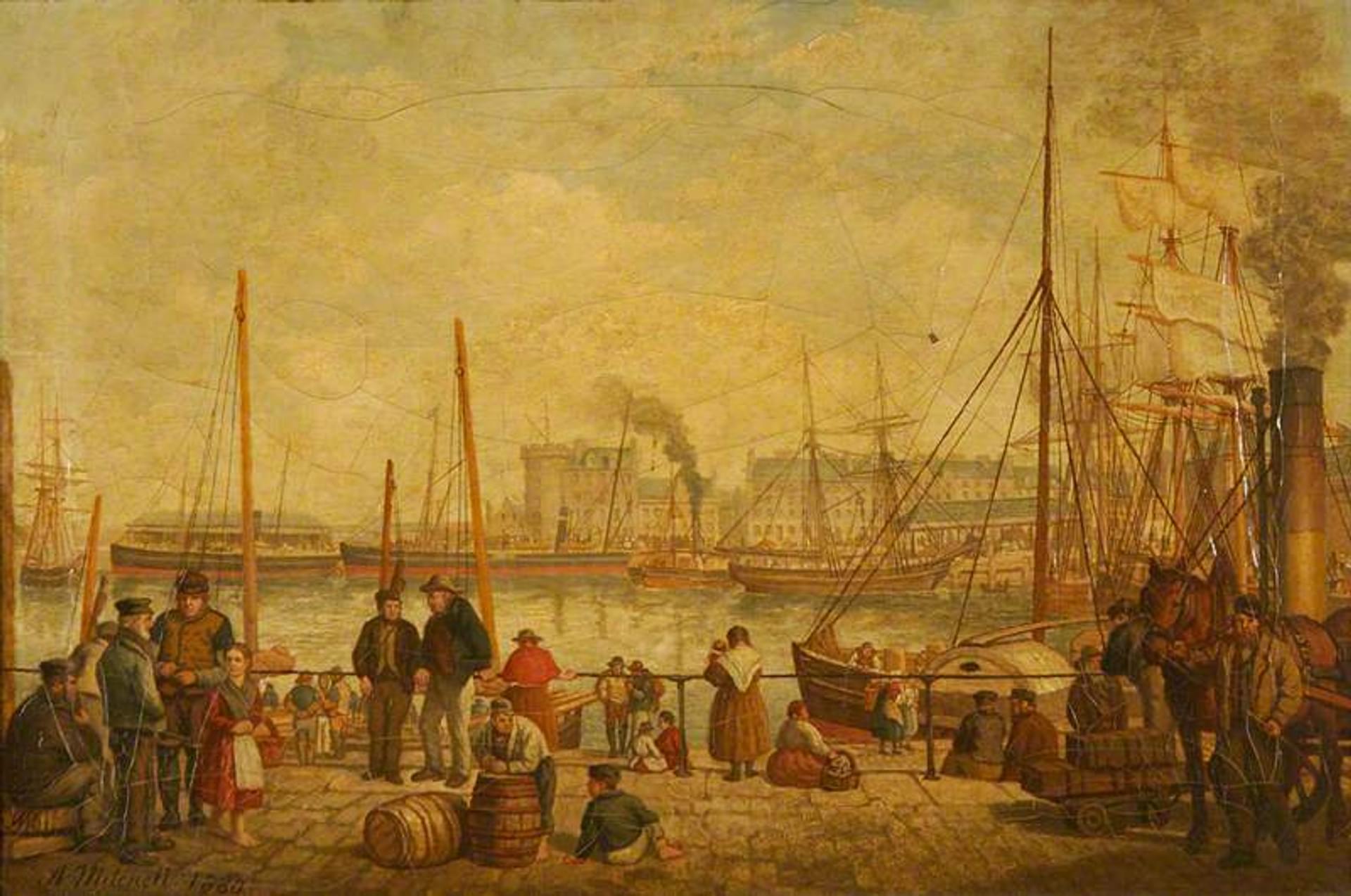Lisa Williams, author, poet, and founder of the Edinburgh Caribbean Association, explores the role that the City Observatory played in shipping to and from Leith. Now home to Collective, the City Observatory site has a long history as a crucial provider of accurate time to the city of Edinburgh and the Port of Leith. Time was kept by tracking celestial objects passing over the transit telescope which still sits in the Observatory today.
In her presentation, Lisa discusses the lives of the founding members of the Observatory and the development of mathematics and science, both of which were intertwined with the Transatlantic slave trade and buoyed up by colonial commerce.
Lisa Williams grew up in Dorset in a British-Grenadian family and after a childhood travelling around the world, moved to the Caribbean to run wellness programmes and cultural/educational exchanges for twenty years. After relocating to Edinburgh in 2011, she founded the Edinburgh Caribbean Association and now curates a range of arts events across Scotland to promote Caribbean culture, spanning film, art, literature and live music. She runs educational and anti-racist programmes in schools and universities and leads walking tours focusing on Edinburgh's Black History. She is an author and poet, chairs and performs at literary festivals, and loves to teach creative writing to all ages. She has an MA in Arts, Festival and Cultural Management and is an Honorary Fellow in the School of History, Classics and Archaeology at the University of Edinburgh.
Collective Observations
Historically observations made from the City Observatory on Calton Hill, have re-shaped how we view and relate to the world around us. It is where astronomers observed and calculated accurate time, aiding ships docked in Leith to navigate and connecting Edinburgh to the world. It is also where the artist Robert Barker created the first panorama, expanding the pictorial field and horizon. As custodians of this site, Collective are inspired by the history of ingenuity but we understand that narrative of progress is incomplete and complicated.
This autumn we present Collective Observations - a series of online events which explore these complications, re-question the dominant narratives of the past, and consider these in our current social and political landscape.
